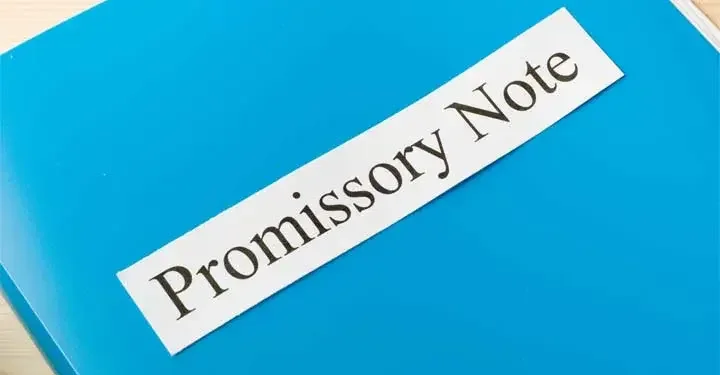Regardless of whether you are the original holder of an installment promissory note, or you hold one that you purchased, you should know your rights in the event of default by the borrower. This includes the procedure for demanding full payment.

Installment promissory notes
If you loan anyone money, protecting yourself with a promissory note is essential. If you hold a note, you probably already have a basic knowledge of promissory notes.
A promissory note is a legal document that provides a record of an obligation of one person—the borrower—to pay money to the holder of the note. The promissory note payment terms will dictate when payment is due.
Some promissory notes require the payment of the full amount owed, plus interest, on a certain date. If the promissory note requires that periodic payments be made, such as quarterly, monthly, or even weekly, it is called an installment promissory note. Each payment consists of part interest and part payment of principal.
An installment promissory note may have a payment schedule, either in the note itself or as an attachment to the note. The schedule usually breaks down the interest and principal amounts that apply to each payment. A promissory note payment schedule is not required but is frequently used to make the payment dates clear for both parties.
Installment promissory notes and default
With a promissory note that does not require installment payments, there can be no default until the date that the full amount is due. With an installment promissory note, the failure to make an installment payment when it is due constitutes default.
Under the terms of the typical installment promissory note, the failure to make one installment payment on time can make the entire amount of the note, plus interest, due immediately. This is known as "accelerating" payment of the note.
Acceleration of the payment is usually at the discretion of the holder of the note. The borrower usually will be very aware that a payment has been missed. They may contact you to explain the missed payment, and to try to work things out in order to avoid acceleration. If they have what you consider to be a good excuse for missing the payment—and can make up the missed payment fairly quickly—you may decide to give them a chance to continue with the installment payments. However, once the payment has been missed, you are within your legal rights as the holder of the installment promissory note to accelerate the loan and demand full payment.
Payment demand
If you don't hear from the borrower shortly after the payment is late, it may be a good idea to contact them to see if there is a quick and simple way to resolve the problem. Maybe the payment is delayed or lost in the mail. Maybe the borrower forgot the payment because of some personal crisis, such as illness or injury in an accident. In most cases, especially if the borrower has a history of timely payments, you don't want to start a legal process if there is a simpler way to resolve the issue.
Accelerating payment of the note requires giving the borrower an official written demand notice for payment. Also known as a demand letter for payment, this is a demand for payment of the full amount due under the note, plus accrued interest. It is not a demand for payment of the missed installment.
The demand for full payment is a short document that states basic information, such as the date of the installment promissory note, when payment was due, and that payment was not made. It also makes a demand for full payment, and states that further legal action will be taken if payment is not made.
Demanding full payment is usually the first step in attempting to collect on an installment promissory note in default. The next step is either to turn the matter over to a collection agency or to file a lawsuit on your own.

